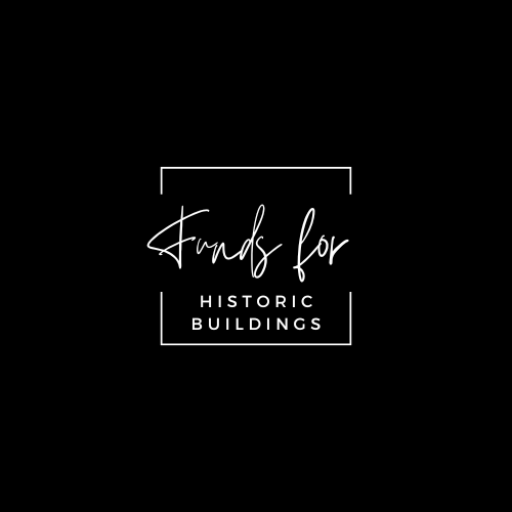Here are seven ways to acknowledge your grant!
1. Create a strategy. You should contact us before making any public announcements about your project to discuss the best way to spread the word. With the assistance of your local office's Public Engagement Manager, you can communicate effectively throughout the project. To ensure a smooth and productive working relationship, it is critical to establish and maintain clear lines of communication with us from the start of the project. We can provide you with access to a communications toolkit as part of our service. If your project spans multiple regions in England, one of our Media Managers will assist you with your communications.
2. Speak with the press. All press, TV, and radio interviews, as well as press releases, should include an acknowledgement of Historic England funding. Before issuing a press release, holding a press conference, or engaging in any form of media outreach, consult with your organization's designated Public Engagement Manager or Media Manager. Before any press releases are issued, we should be asked for our input, and we should be given the option to provide a quote and participate in interviews. We can provide individualized assistance, such as co-drafting and distributing press releases, to help you interact with the media.
3. Finally, there are online communities. Your online coverage, including community websites, blogs, and social media posts, should include a mention of Historic England's assistance. More specifics on how to accomplish this can be found in our communications toolkit. If you intend to share news of your grant on social media, please double-check the wording and timing of the announcement. Please notify your Public Engagement Manager or Media Manager if you intend to engage in significant activity on Twitter, Instagram, or Facebook so that we can provide appropriate social media support.
4. Identified on the spot. Signage for construction sites If your project necessitates on-site work, such as repairs or excavation, we'll gladly provide a temporary sign to demonstrate our support. Display this on the construction site hoarding or next to the signboard promoting the contractors and/or professional advisers. You might want to create your own site signage using our logos and branded guidelines. The Historic England logo should be included in cases where new signage is being created for a site. Please follow the brand guidelines. Any artwork must be approved by us before it can be used.
5. Books, pamphlets, and other forms of educational and promotional content. Historic England must be properly credited as a funder in all published reports. A logo should appear on the back cover of every publication (except journals). When mentioning our funding in print, please credit Historic England as follows: "This project has been supported by Historic England." Online reports and articles are included. Other printed or digital materials that could benefit from the inclusion of a logo include leaflets, newsletters, educational materials, and guides.


